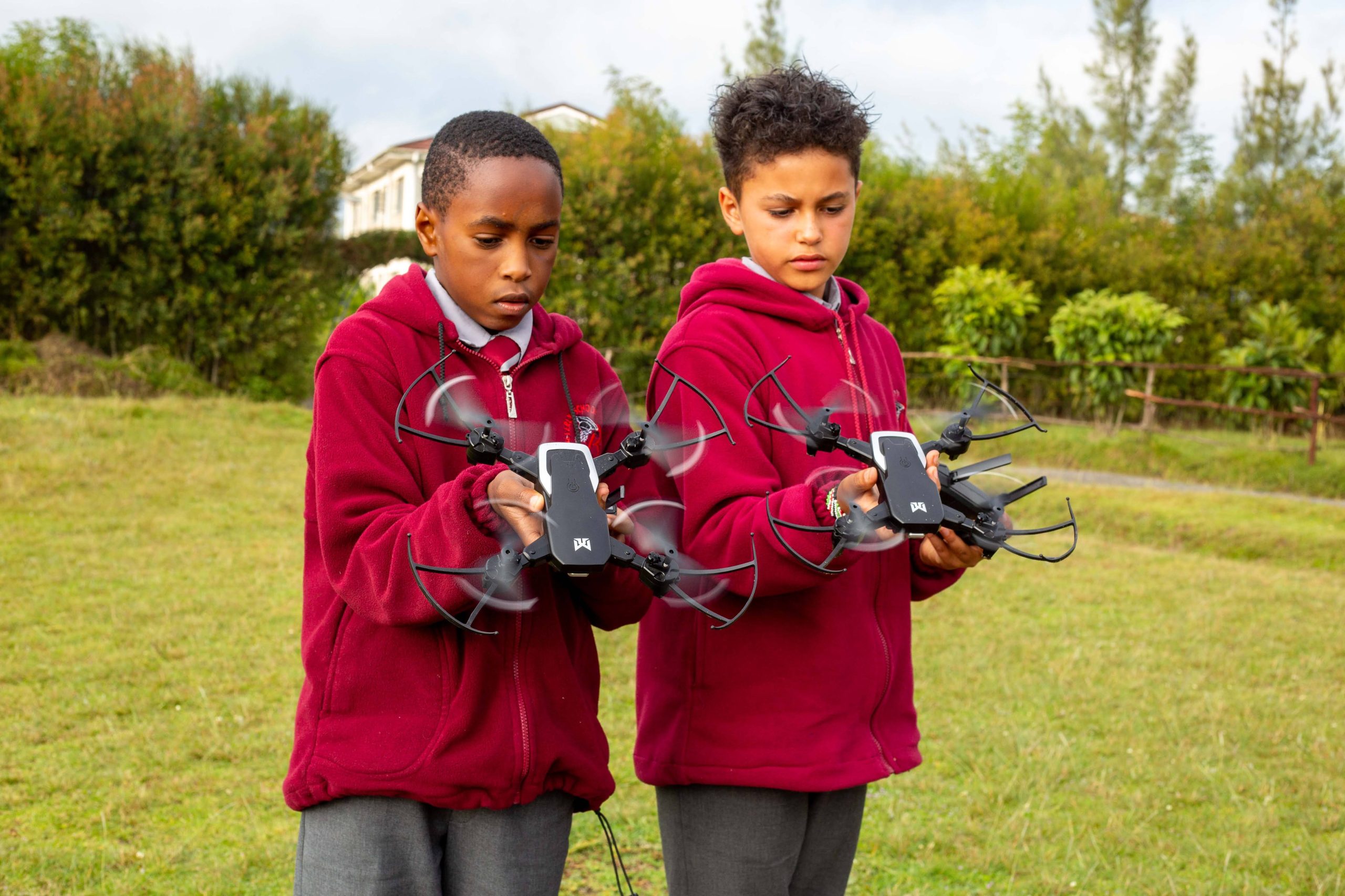Preps is the time students in boarding schools have virtual control of their own education without the distracting presence of a teacher.
Students would up in the wee hours of the day to be in class till 6.00 a.m before heading back to the dormitories to prepare for the day’s normal classes.
A similar arrangement took place in the evening from 7.00pm, especially in boarding schools.
However, all these changed recently when Education Cabinet Secretary Ezekiel Machogu asked administrators of primary and secondary schools to start normal class hours at 8.00 am and end at 3.45pm.
Machogu observed that schools forced learners in day schools to be on the road at the wee hours in the morning and made many in boarding schools to sleep for less than eight hours contrary to the Basic Education Regulations, 2015.
Under the regulations, normal classes should be held between 8 a.m. and 3:30 p.m. with an extra hour and 15 minutes afterward for games and clubs. Official reporting time for day schools is 7.15am, meaning learners need not go school when it is still dark.
For boarding schools, the regulations have provided for 7.00pm and 9.00pm as preps time. Learners should then rest from 9.30pm.
The CS has valid points as to why schools shouldn’t have preps. However, all education stakeholders know how important these preps sessions help candidates.
A well-constructed timetable establishes a natural rhythm and routine which serves the educational needs of both teachers and students.
Educational policy, curricular and standards cater for the intellectual diversity among students. When the amount of time available for learning is the same for all students, the gap between fast learners and slow students grows wider and wider.
The curricular has taken care of the differences by providing extra time for slower learners (preps) to master the content taught earlier.
The six hours the Ministry of Education prescribes for normal teaching time takes care of all the three categories of learners: the first, the average and the slow learners.
The pace of teaching allows all learners to make sense, although in varying degrees, of the new ideas or concepts they are experiencing.
The three categories of learners use preps time differently.
The bright learner gets opportunities to either study more complex content on what they were taught earlier or they study new concepts or topics ahead of the class.
The average and slow learner gets an opportunity to strengthen his/her understanding or mastery of the topics. In the best of educational circumstances, teachers would be available for slow learners to reteach the topics taught earlier for the learners to catch up.
A flexible timetable enables all students to get the opportunity to interact with other sources of the curriculum other than the teacher through studying course books and other texts.
Former Quality Assurance and Standards Officer Alex Majani argues that preps enable students to learn to manage their own time and studies, independent of the structured life associated with normal class hours.
“A student gets the opportunity to determine how optimally he or she can use the two hours allotted for preps,” Majani says.
He adds that with discipline, all students are able to learn research skills on their own. Preps help build confidence in learners. It helps bright students to gather a body of knowledge that may help him or her future, beyond the prescribed curriculum.
Essentially a school library enables highly motivated students to read and find resources that help them develop their interests and strengths at their own pace.
The library also provides access to stories, information, and technology other students need for their own personal education and information.
A school that recognizes the place of preps makes the school library readily available to students since the library is where students get the opportunity to take control of their own education.
A library stocked with books other than course books exposes the students to a body of knowledge, skills and attitudes that education policy, curricular and standards seeks to impart to learners.
This knowledge enables the students to have better mastery of the prescribed curriculum. In time, the school has a normal spread of performance of students in national examinations because the flexible teaching and learning environment was friendly both to the teacher and the learner.
The teacher has time to prepare for the series of topics he or she must teach while the students have time not only to internalize what the teacher is teaching, but to also deepen and broaden his/her understanding of the things taught.
By Kennedy Buhere
Buhere is a Communications Officer, Ministry of Education.
buhere.kennedy@education.go.ke
Get more stories from our website: Education News
You can also follow our social media pages on Twitter: Education News KE and Facebook: Education News Newspaper for timely updates.






